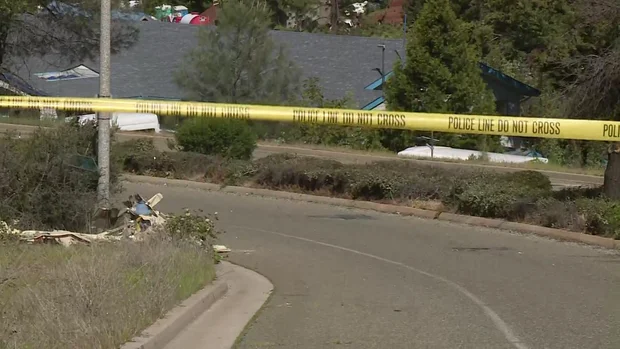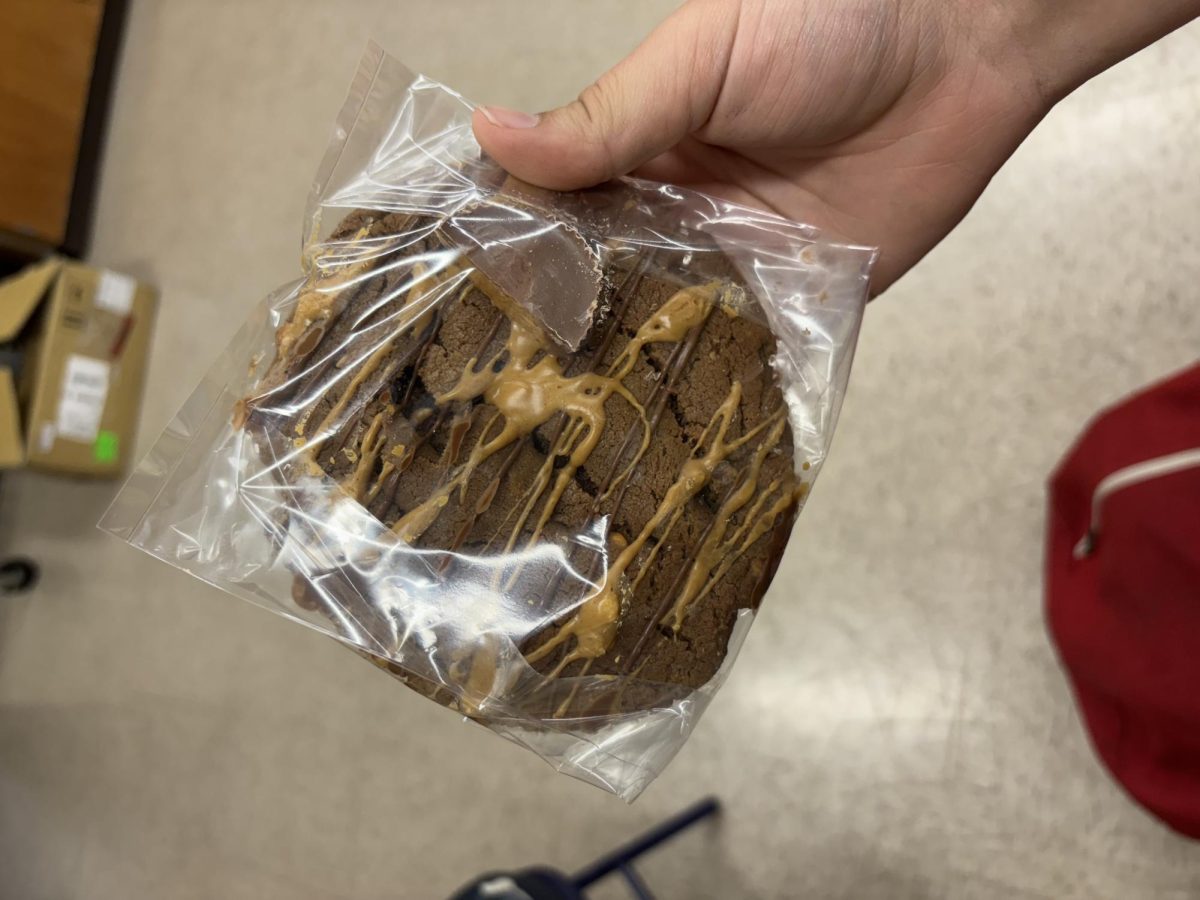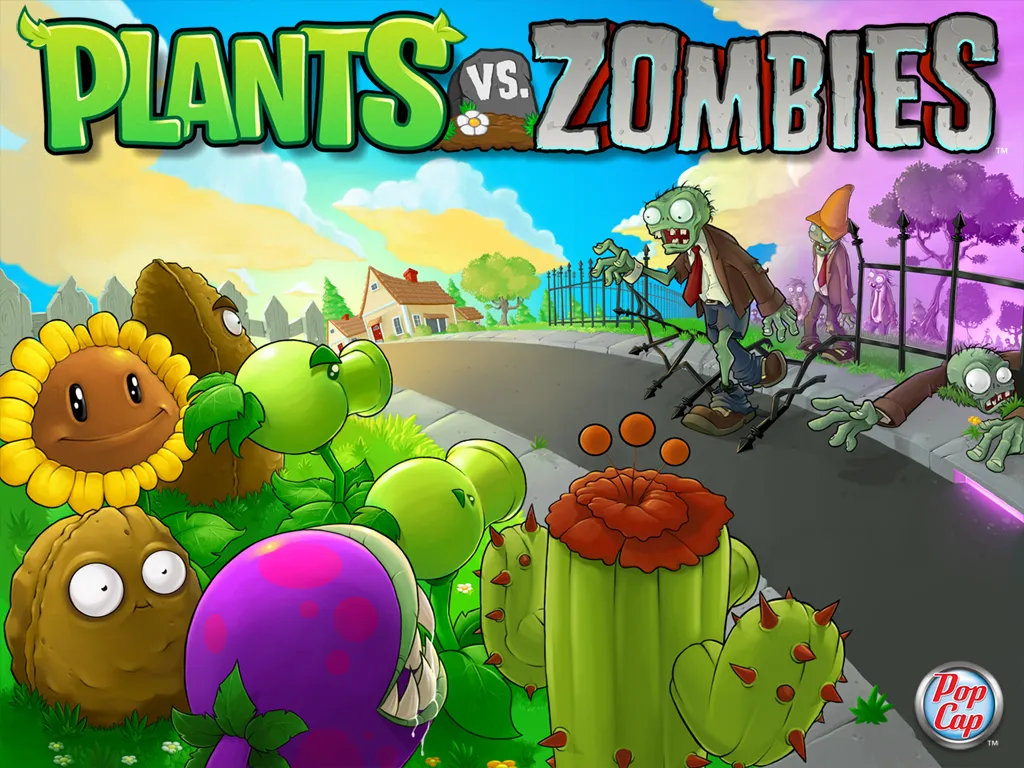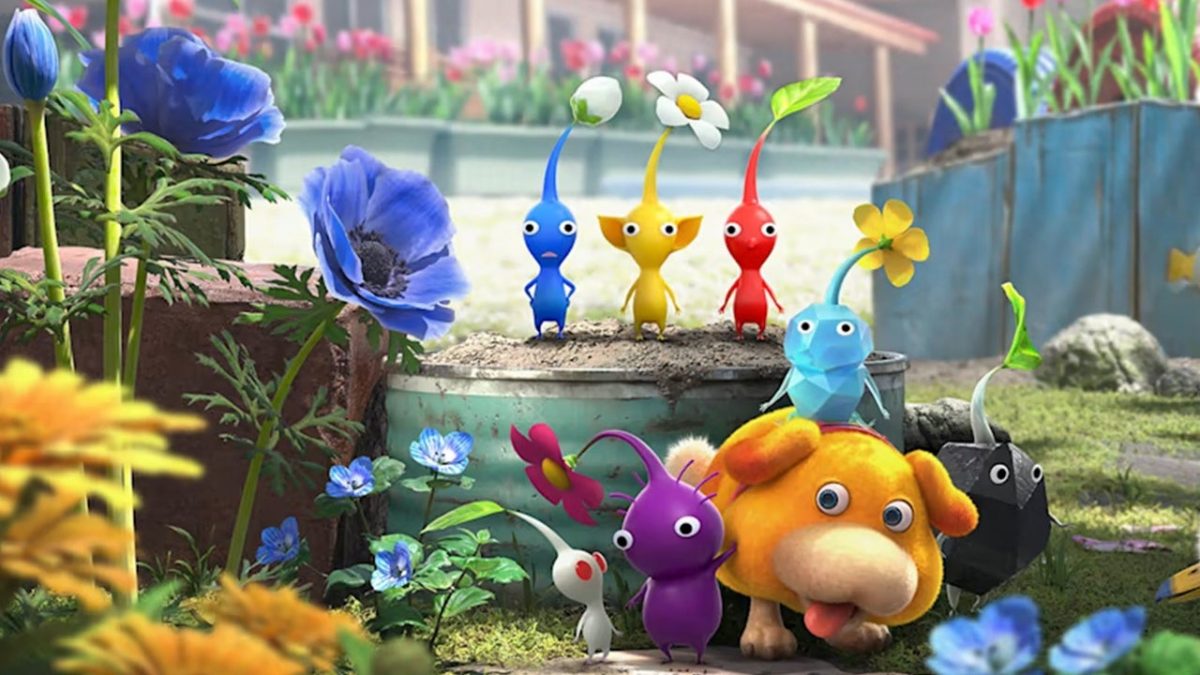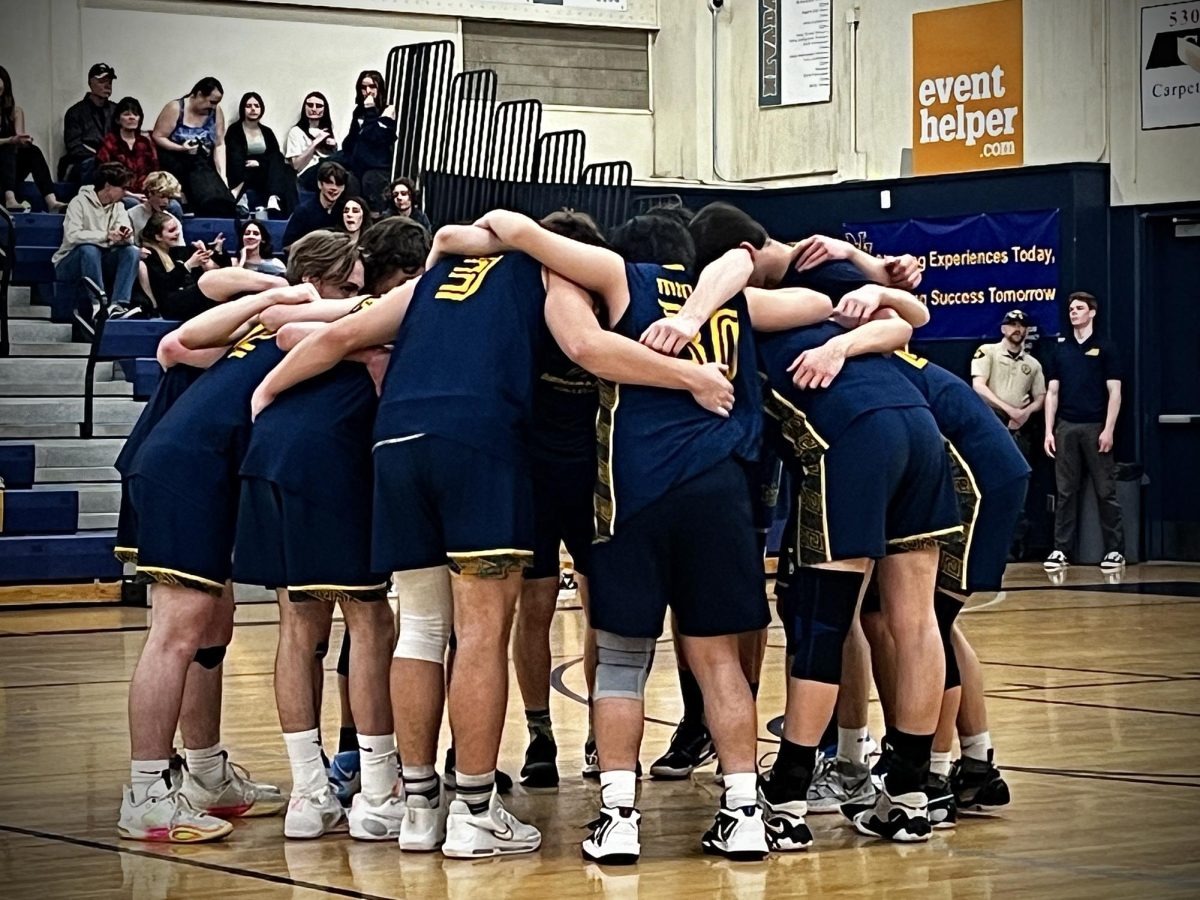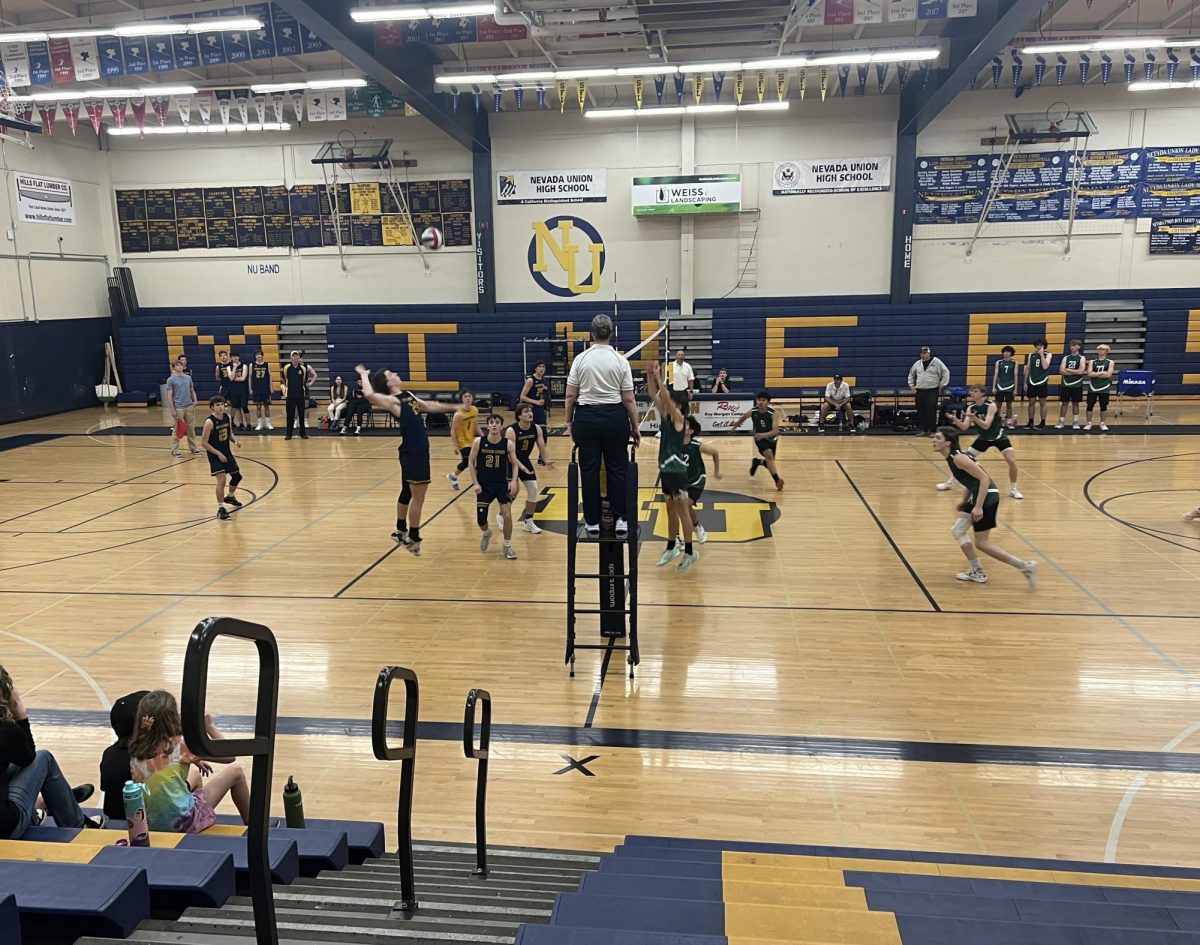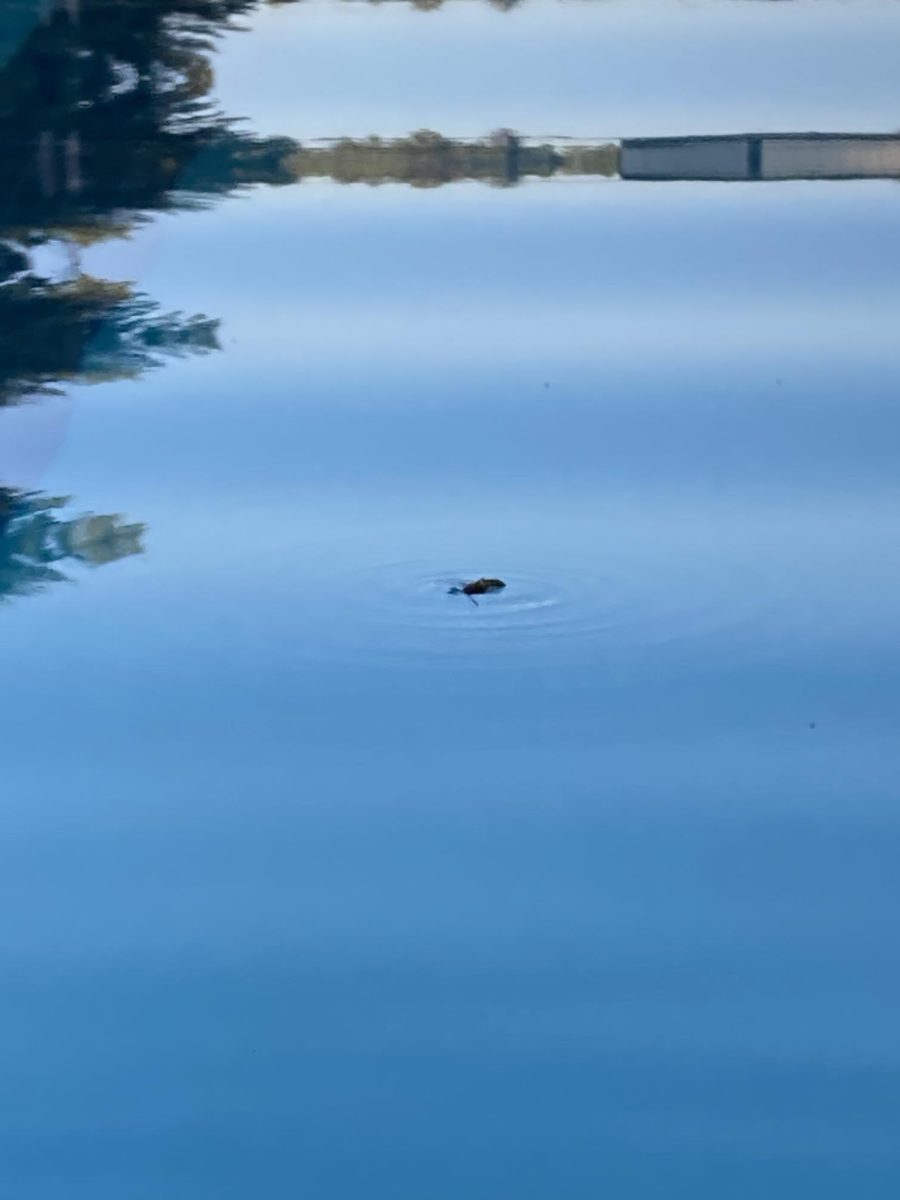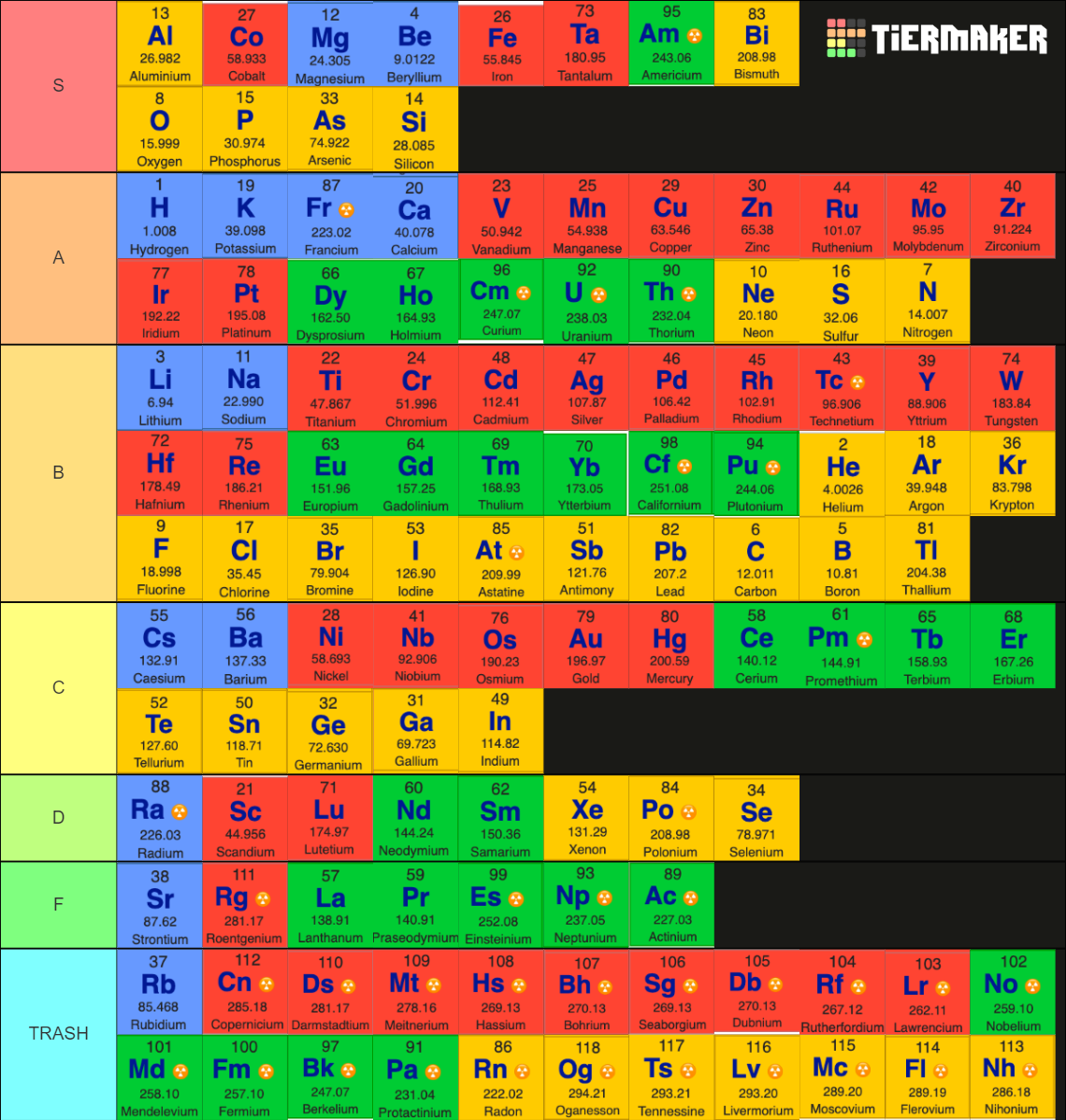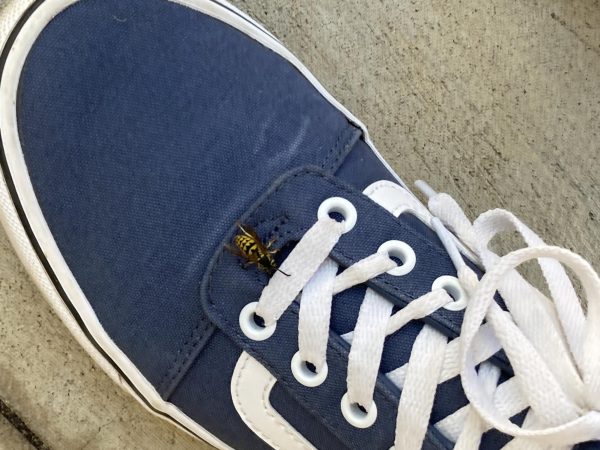
Since the beginning of the 2023-24 school year, students and staff have noticed an increase of bees on Nevada Union campus.
A likely reason for the bee uprising could be due to the long winter from last year, as bees rush to maintain their hives. However, the lunch pests at NU aren’t helpful pollinators, they aren’t bees at all. They’re yellowjackets.
Yellowjackets, also known as ‘meat bees’, can be identified by the black and yellow pattern on their abdomens, the reason for their namesake. They are very similar to bees in many ways, such as their colors and love of sugary substances such as fruit and nectar. But they can be identified by their slim ‘waists’ and unusual consumption of protein (meat).
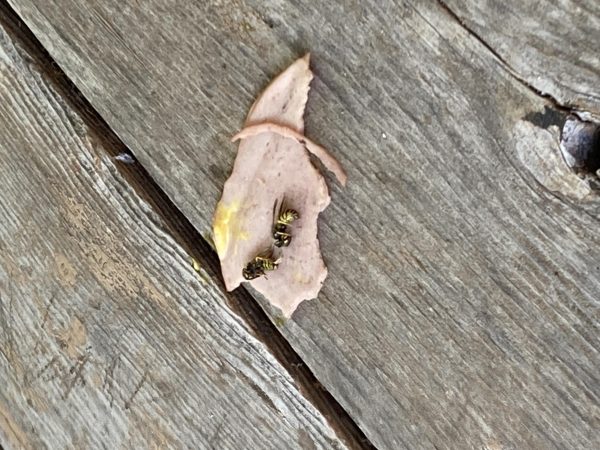
The irritating bugs NU students and staff see hovering around their food are the workers, the yellowjackets who are responsible for bringing food back to the nest (the yellowjacket’s form of a hive). Only the larvae eat the meat, but they aren’t able to obtain it themselves, hence the workers.
Even though these yellowjackets are different from bees, the increase could still be related to last year’s harsh winter. Yellowjackets are the most active in the summer and fall, because they don’t do well in harsh weather. During frigid temperatures, they are trapped in their nests hibernating. Now, yellowjackets are moving quickly to gather as much food and water as they can for this coming winter after last year’s setback.
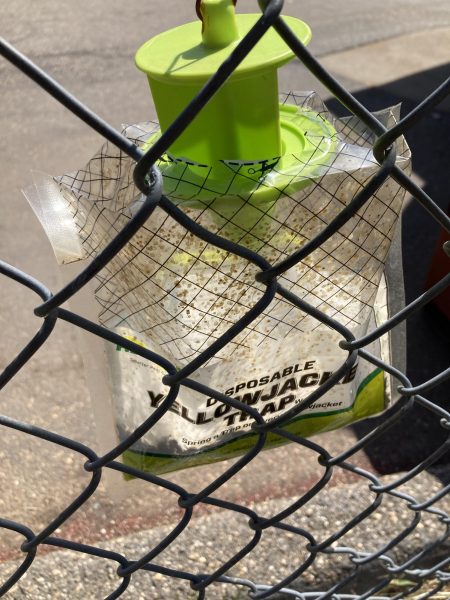
Blake Dacy, a Sacramento beekeeper who has recently become very overworked, says; “Now there’s all this available food and the swarm calls are coming in an avalanche.”
If students and staff wish to be rid of the yellowjackets, it would be helpful to start with cleaning up food after lunch and making sure any leftovers find its way to a trash can. Make sure not to agitate them either, if anyone gets close to their nests they are known to be very territorial and will sting multiple times. The best thing to do would be to stay clear of large amounts of yellowjackets and tell a staff member if any nests are found so they might be able to call a pest professional.


